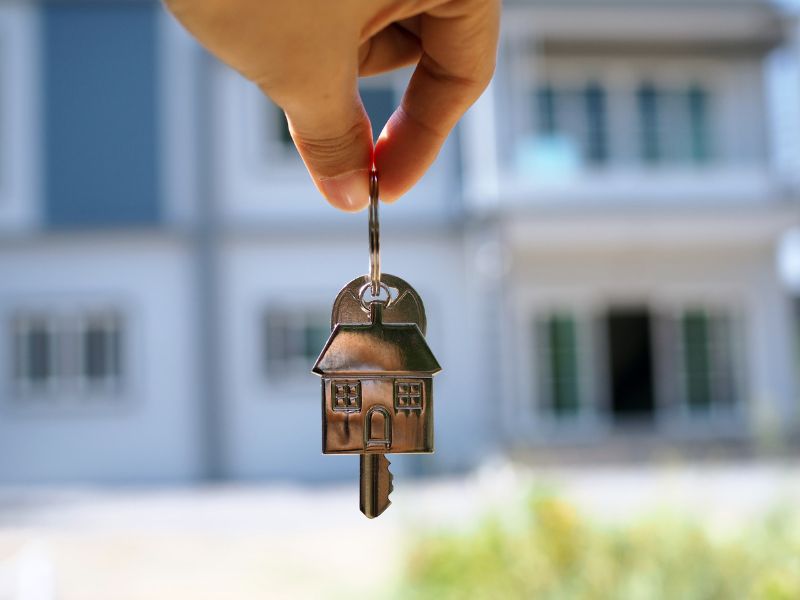Are You Ready for Home Ownership? Find Out by Answering These 4 Questions
 Do you ever dream about a larger, roomier, or more luxurious living space? Or perhaps just want to experience the joy of owning your own home and building your net worth instead of renting? Let’s explore a few questions that can help to answer whether or not you’re ready for a new lifestyle as a homeowner.
Do you ever dream about a larger, roomier, or more luxurious living space? Or perhaps just want to experience the joy of owning your own home and building your net worth instead of renting? Let’s explore a few questions that can help to answer whether or not you’re ready for a new lifestyle as a homeowner.
Can You Realistically Afford To Buy A Home?
The first consideration to make is a financial one: can you afford it? Buying a home is a significant financial investment. In most cases, you’ll need to manage monthly mortgage payments for many years. The good news: owning a home is more affordable than you might think. If you’re already a stable renter then you’re most of the way there.
Do You Have Your Down Payment Saved Up?
If you’re confident that monthly payments are no problem, then the next step is saving up enough to cover your down payment. This is a lump-sum investment that you make when you buy the home. Typically your down payment is around 20 percent of the home’s cost, but there are assistance programs that can reduce this further.
Do You Know What Type Of Home You Need?
Once you’ve cleared all of the financial hurdles, you will need to decide exactly what kind of home you need. If you’re a single young professional, a condo or apartment might be the perfect starter home from which you can upgrade later. Or you might prefer something more rural which comes with more yard space, perfect for pets.
Are You Ready To Set Down Some Roots?
Finally, it’s worth taking some time to decide whether or not you’re ready to emotionally and physically invest in your local community. Is your career stable enough that you won’t be moving for at least a few years? What about that of your partner or spouse? If you don’t already, do you envision having children in the future? All of these are considerations that will help you choose the right neighborhood.
When you are ready, our professional mortgage team is here to help you finance the home of your dreams.

 Buying a home is one of life’s significant milestones, but it often comes with a significant price tag. Fortunately, the sticker price on a house isn’t always set in stone. When buying a home, negotiating certain costs can save you a significant amount of money. Here are some costs that every homebuyer should negotiate:
Buying a home is one of life’s significant milestones, but it often comes with a significant price tag. Fortunately, the sticker price on a house isn’t always set in stone. When buying a home, negotiating certain costs can save you a significant amount of money. Here are some costs that every homebuyer should negotiate: In the context of a house sale, “contingent” typically means that the sale of the house is dependent on certain conditions being met. These conditions could include things like the buyer securing financing, the completion of a home inspection, or the sale of the buyer’s current home.
In the context of a house sale, “contingent” typically means that the sale of the house is dependent on certain conditions being met. These conditions could include things like the buyer securing financing, the completion of a home inspection, or the sale of the buyer’s current home. Many people dream of buying their ideal retirement home after their career has come to a conclusion – with all that extra free time it seems like it’d be the most logical time to shop around.
Many people dream of buying their ideal retirement home after their career has come to a conclusion – with all that extra free time it seems like it’d be the most logical time to shop around. A home warranty is a type of service contract that provides coverage for repairs or replacements of major systems and appliances in a home. It typically covers items such as heating and cooling systems, electrical systems, plumbing, water heaters, and kitchen appliances.
A home warranty is a type of service contract that provides coverage for repairs or replacements of major systems and appliances in a home. It typically covers items such as heating and cooling systems, electrical systems, plumbing, water heaters, and kitchen appliances.